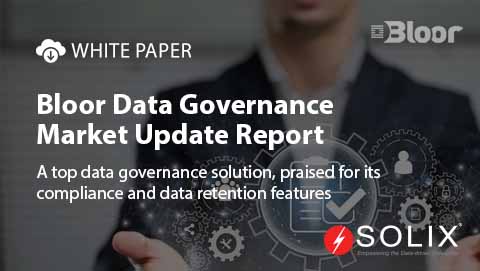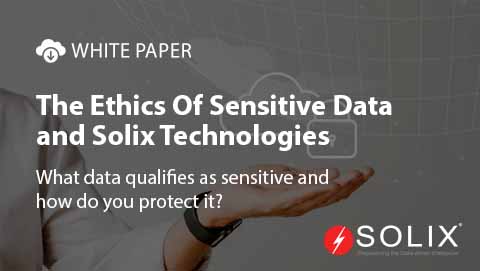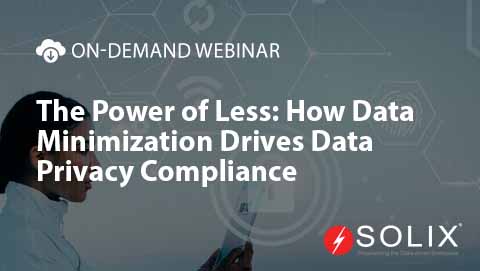Data Governance Roles
Data Governance Roles: Unlocking the Power of Data Management
We live in a tech fueled ever expanding globe, the importance of effective data governance cannot be overstated. Data governance roles play a crucial role in organizations by ensuring that data is managed, protected, and utilized in a way that aligns with regulatory requirements and business objectives. But what exactly are data governance roles and why do they matter?
What is Data Governance Roles and Why Does it Matter?
Data governance roles refer to the individuals within an organization who are responsible for overseeing data management processes, policies, and initiatives. These roles typically include data stewards, data owners, data custodians, and other key stakeholders who work together to ensure that data is accurate, secure, and compliant.Effective data governance roles are essential for several reasons. Firstly, they help organizations maintain data quality and integrity, which is crucial for making informed business decisions and driving operational efficiency. Additionally, data governance roles ensure that data is used in a way that complies with regulatory requirements, reducing the risk of non-compliance fines and penalties.
A Real-World Scenario: Transforming Data Governance Roles for Success
Imagine for a second your in a scenario where a company, lets call it Acme Corporation, is struggling to effectively manage its data. Without clear data governance roles in place, data is scattered across multiple systems, leading to inconsistencies, security vulnerabilities, and compliance issues.By implementing a comprehensive data governance solution from Solix Technologies, Acme Corporation can transform its data governance roles for success. Solix’s data governance framework helps establish clear roles and responsibilities, define data policies and standards, and ensure data quality, security, and compliance.
How Solix Saves Money and Time on Data Governance Roles
One of the key benefits of Solix’s data governance solutions is the cost savings it offers through legacy application decommissioning. By decommissioning inactive applications and archiving data efficiently, organizations can save significant amounts of money on infrastructure costs and reduce compliance risks.For example, a study conducted by the Compliance, Governance, and Oversight Council found that decommissioning inactive applications could save an average of $40,000 annually per application. For larger enterprise-class applications, the annual savings could exceed $120,000.By integrating components such as data policies and standards, data quality management, metadata management, and data security and compliance, Solix’s data governance framework enables organizations to derive maximum value from their data while minimizing risks. This leads to improved decision-making, operational efficiency, and cost savings.Wind-up, data governance roles are essential for effective data management in organizations. By implementing a comprehensive data governance solution like Solix Technologies offers, companies can transform their data governance roles for success, save money and time, and achieve better business outcomes. To learn more about how Solix can help your organization with data governance roles, enter your information on the right for a chance to win $100!





